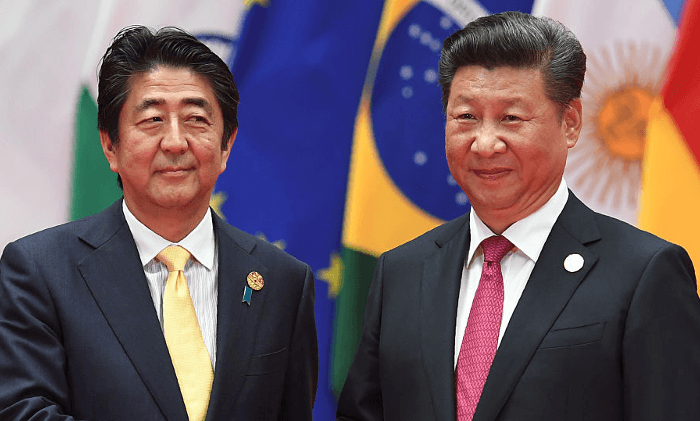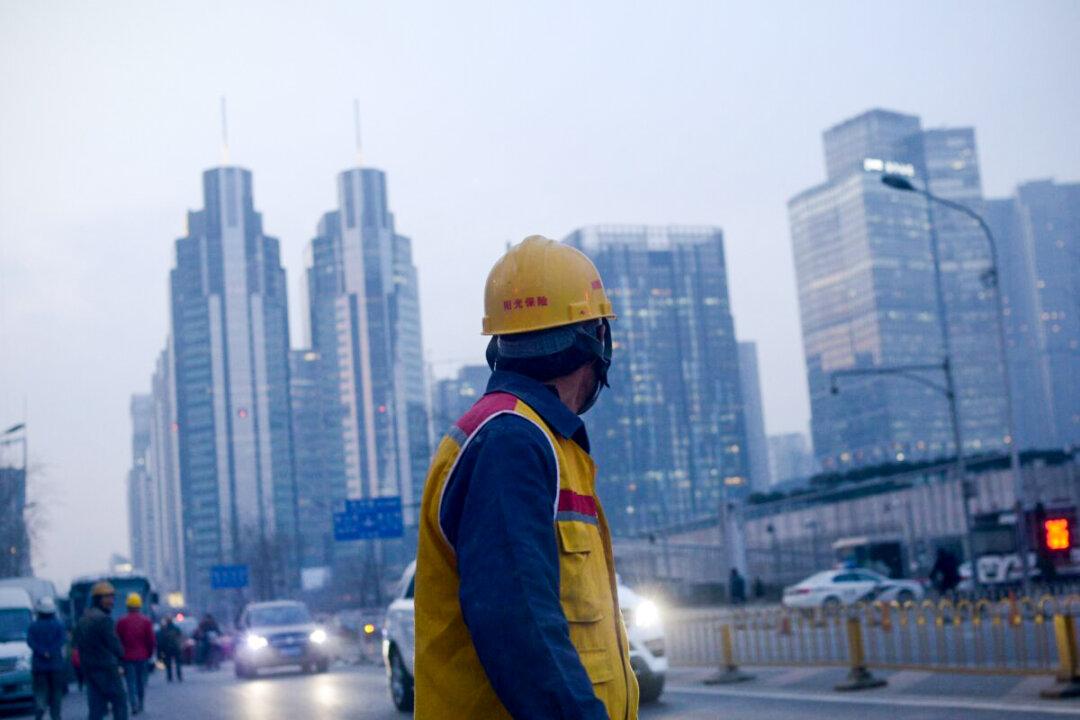Amid the U.S.-China trade war, Beijing is attempting to curry favor with one of the United States’ partners in the Pacific—Japan.
Chinese tourism and investment are both up in Japan, according to the Hong Kong Economic Journal, and trade talks between Japan and Chinese leadership may occur after March or April, according to the South China Morning Post.





